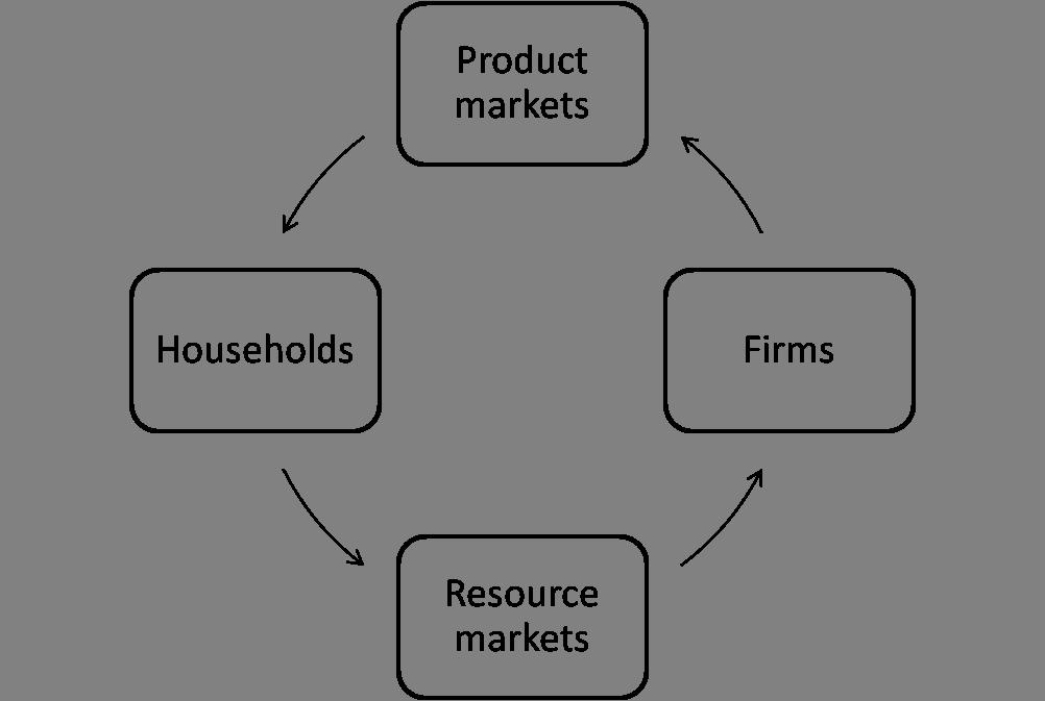Exam 1: The Art and Science of Economic Analysis
Exam 1: The Art and Science of Economic Analysis203 Questions
Exam 2: Economic Tools and Economic Systems209 Questions
Exam 3: Economic Decision Makers227 Questions
Exam 4: Demand, supply, and Markets206 Questions
Exam 5: Elasticity of Demand and Supply200 Questions
Exam 6: Consumer Choice and Demand199 Questions
Exam 7: Production and Cost in the Firm199 Questions
Exam 8: Perfect Competition200 Questions
Exam 9: Monopoly197 Questions
Exam 10: Monopolistic Competition and Oligopoly200 Questions
Exam 11: Resource Markets197 Questions
Exam 12: Labor Markets and Labor Unions198 Questions
Exam 13: Capital, interest, entrepreneurship, and Corporate Finance199 Questions
Exam 14: Transaction Costs, asymmetric Information, and Behavioral Economics199 Questions
Exam 15: Economic Regulation and Antitrust Policy199 Questions
Exam 16: Public Goods and Public Choice198 Questions
Exam 17: Externalities and the Environment191 Questions
Exam 18: Poverty and Redistribution195 Questions
Exam 19: International Trade198 Questions
Exam 20: International Finance195 Questions
Exam 21: Economic Development200 Questions
Select questions type
Table 1.1
Hours Revenue 1 10 2 20 3 30 4 40 5 50 Sergio tutors fellow students for $10 an hour.
-Refer to Table 1.1.What is Sergio's marginal benefit if he tutors for five hours instead of three hours?
(Multiple Choice)
4.7/5  (36)
(36)
Exhibit 1.2
 -Refer to the circular-flow model in Exhibit 1.2.The flow from firms to product markets is _____
-Refer to the circular-flow model in Exhibit 1.2.The flow from firms to product markets is _____
(Multiple Choice)
4.8/5  (39)
(39)
Alicia makes the statement that every time she eats chocolate,it starts to rain.Alicia is committing the _____
(Multiple Choice)
4.9/5  (39)
(39)
An economist would classify 100 shares of Apple Computers as capital.
(True/False)
4.7/5  (35)
(35)
Which of the following is an example of a normative economic statement?
(Multiple Choice)
4.8/5  (37)
(37)
Which of the following is not an example of the fallacy of composition?
(Multiple Choice)
4.8/5  (33)
(33)
A rational individual would make charitable contributions only if such contributions receive favorable tax treatment.
(True/False)
4.8/5  (37)
(37)
The ceteris paribus assumption is the other-things-constant assumption.
(True/False)
4.8/5  (38)
(38)
The "other-things-constant" assumption is also known as _____
(Multiple Choice)
4.8/5  (33)
(33)
All economic models must involve simplifications because _____
(Multiple Choice)
4.7/5  (30)
(30)
Showing 121 - 140 of 203
Filters
- Essay(0)
- Multiple Choice(0)
- Short Answer(0)
- True False(0)
- Matching(0)